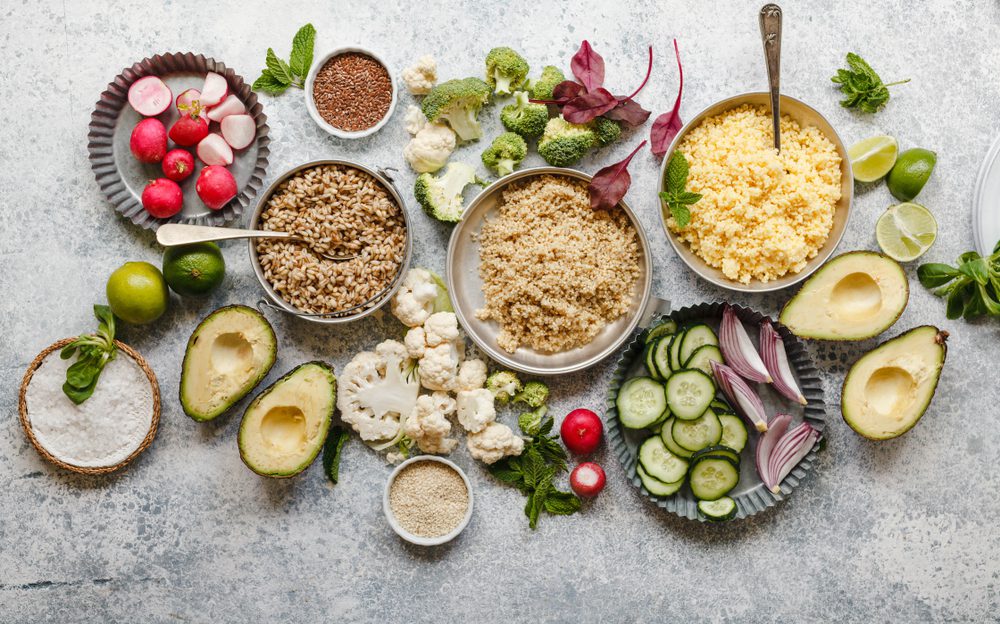
#3 A Lack of Nutrients
Due to their role in the cellular turnover process and the hair growth cycle, some vitamin and mineral deficiencies can result in hair loss and reduced hair growth. Proteins, zinc, biotin, and iron deficiencies are a few instances of nutritional deficiencies that can lead to hair loss.
A nutritious, diverse, and well-balanced diet provides the important vitamins and nutrients, such as protein, that your body needs to function properly. This includes all of your cells and internal systems. There are a lot of nutrient deficiencies that can cause hair loss, from fine hair to spots of baldness, as a result of poor nutrition or excessively strict or fad diets.
However, ask your doctor about lab tests to determine whether you are actually low in any nutrients. More and more people start looking for over-the-counter medications to fix any suspected deficiencies and then end up overdosing on vitamins.
Furthermore, while it is advised to include salmon, leafy green vegetables, and berries, as well as other foods that may encourage hair growth, in your diet, even a healthy lifestyle might have its limitations. So keep in mind that even with preventative efforts like a healthy, well-balanced diet, hair loss can still happen because it often has a genetic component.



















